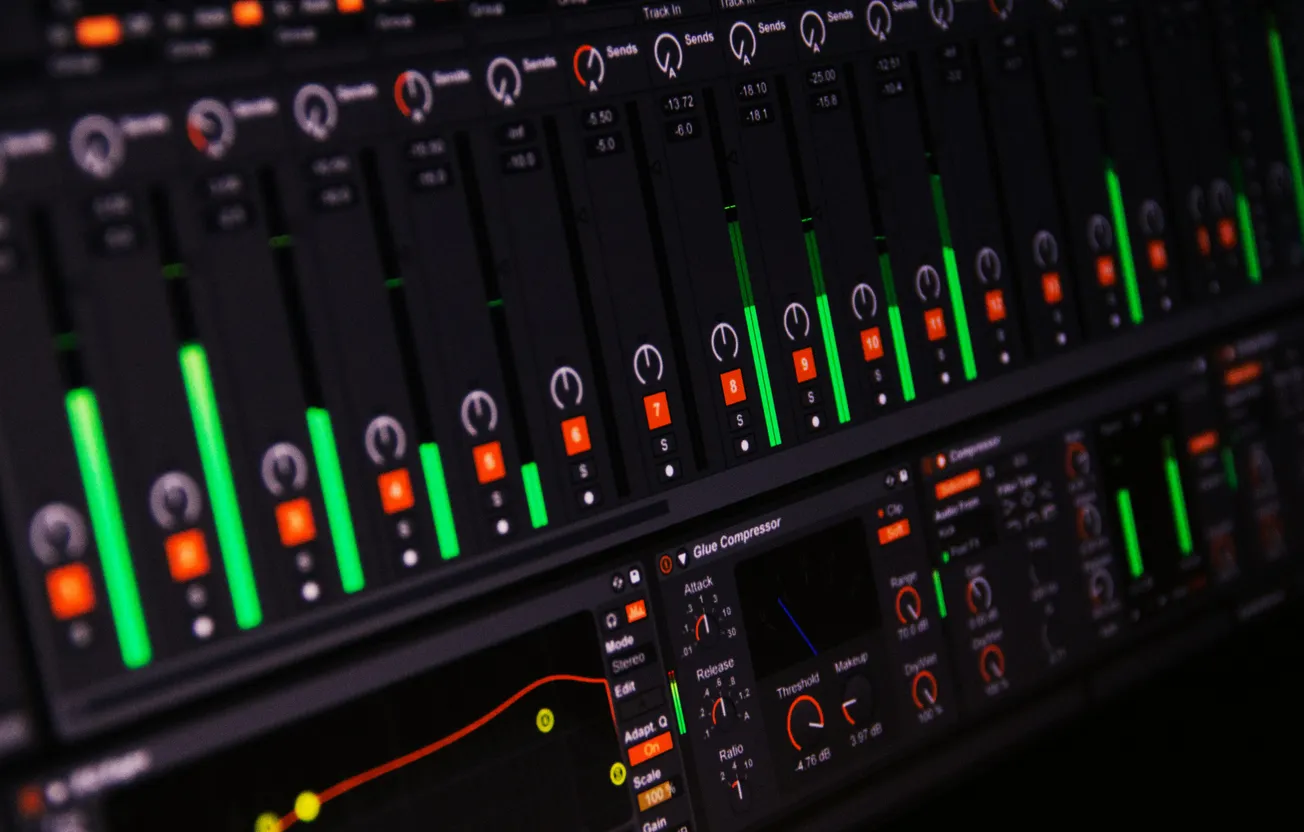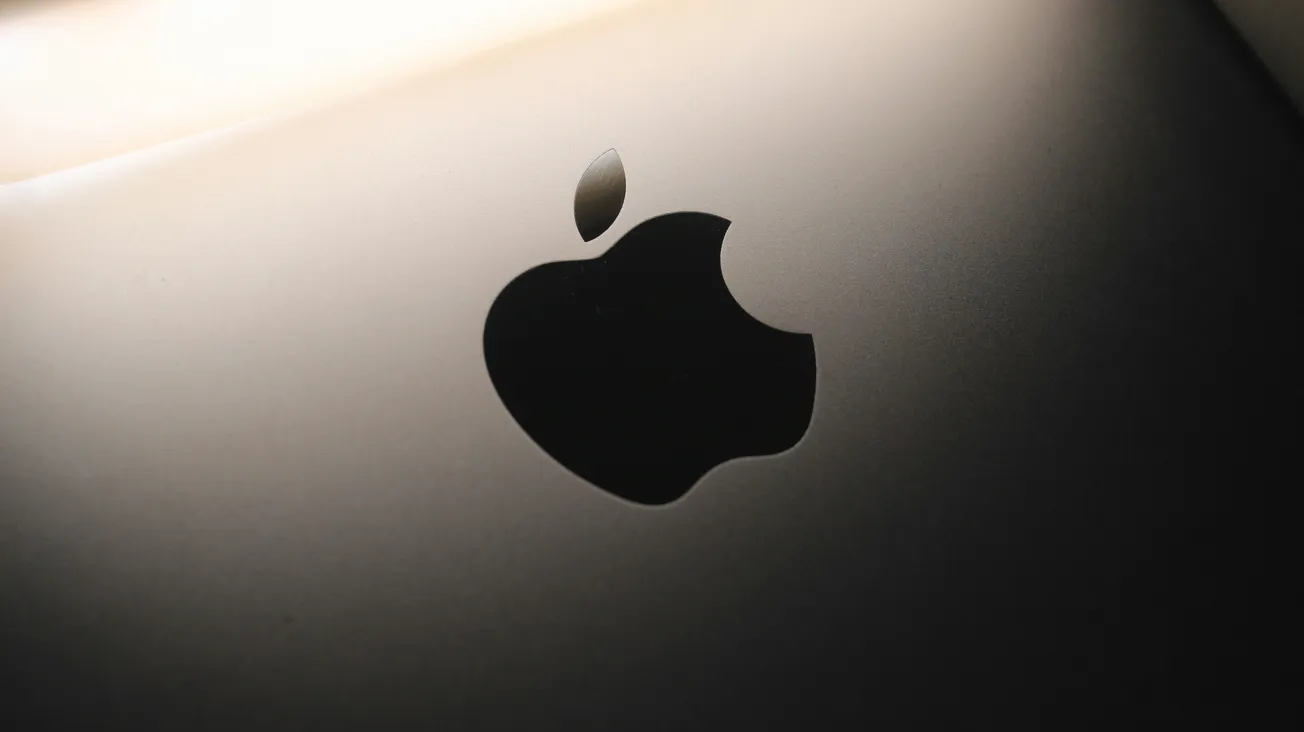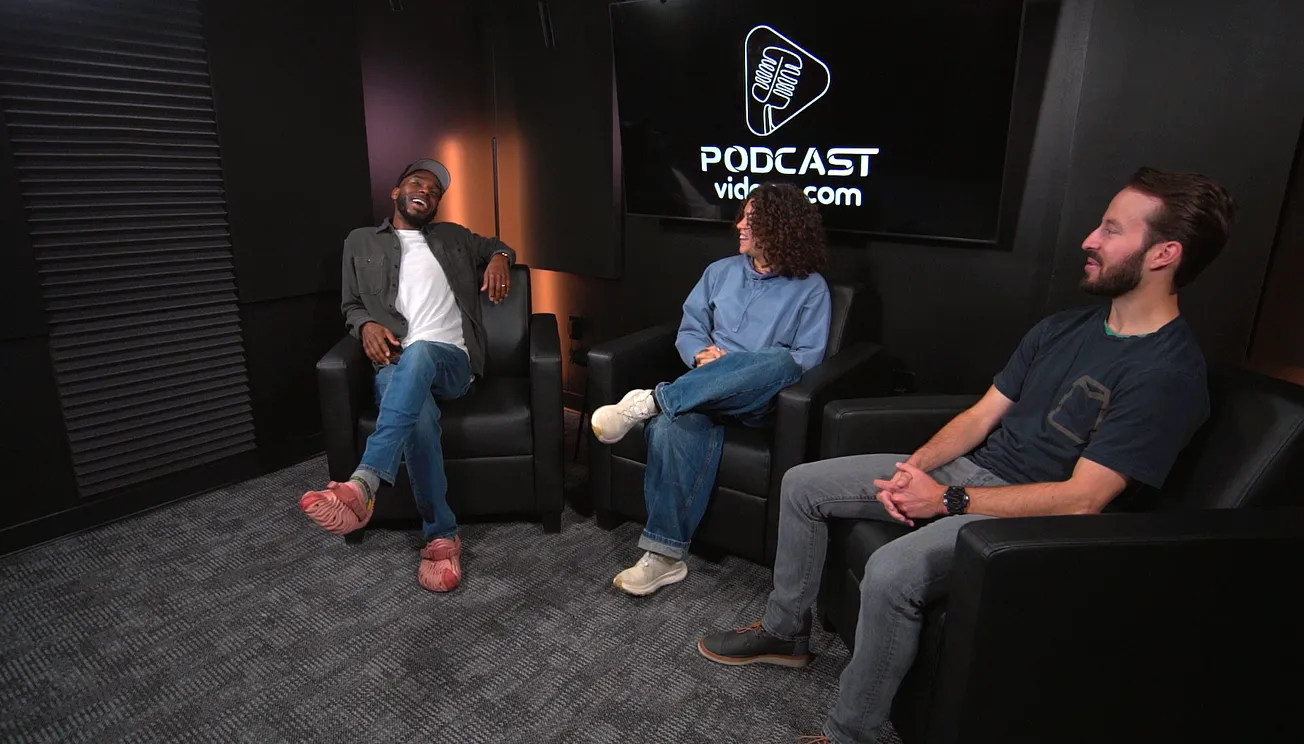The new update from Apple Podcasts fundamentally changes how creators approach chaptering, and here’s what it means for your podcast workflow.
What’s changing
With the upcoming iOS 26.2 release, Apple Podcasts will automatically generate chapters for nearly every episode — except for trailers and episodes under ten minutes.
The app will clearly mark these as “automatically created” so listeners know where the chapter cut‑points come from.
Why this matters
Chapters help listeners jump to the parts of a podcast that interest them most — especially in longer episodes — boosting engagement and reducing drop‑off. The fact that Apple will now provide them by default means creators who haven’t bothered with manual chaptering will see this benefit without extra effort.
What creators should do
If you already produce precise chapter markers, you have full control: you can opt out of Apple’s automatic chapters — either by providing your own or disabling them in Apple Podcasts Connect.
Apple supports three formats for manual chapters:
- ID3 tags embedded in MP3/AAC files
- Chapter markers in “Episode Notes” (a time‑stamp list)
- “Chapters JSON”, a Podcasting 2.0–compliant playback file with images and links.
If you don’t provide any formatted chapters, Apple will generate them automatically.
Extra features: timed links & analytics
Apple is adding timed links, meaning chapter markers can link to other Apple ecosystem content (books, music, news, other podcasts).
Creators will also be able to see in analytics how often listeners skip between chapters or drop off mid‑chapter — data that can help refine content structure.
What to do now
- Review your current chaptering workflow and decide if you prefer full manual control or want to rely on Apple’s automatic system.
- If you manually mark chapters, choose the format that best aligns with your hosting platform (ID3 tags, Episode Notes, or Chapters JSON).
- Prepare for the rollout (iOS 26.2 is available in beta now), so you can inspect how your episodes look with auto‑chapters before public release.
By staying ahead of this change, podcasters don’t just adapt — they benefit from smarter navigation for listeners and richer insights for creators.










